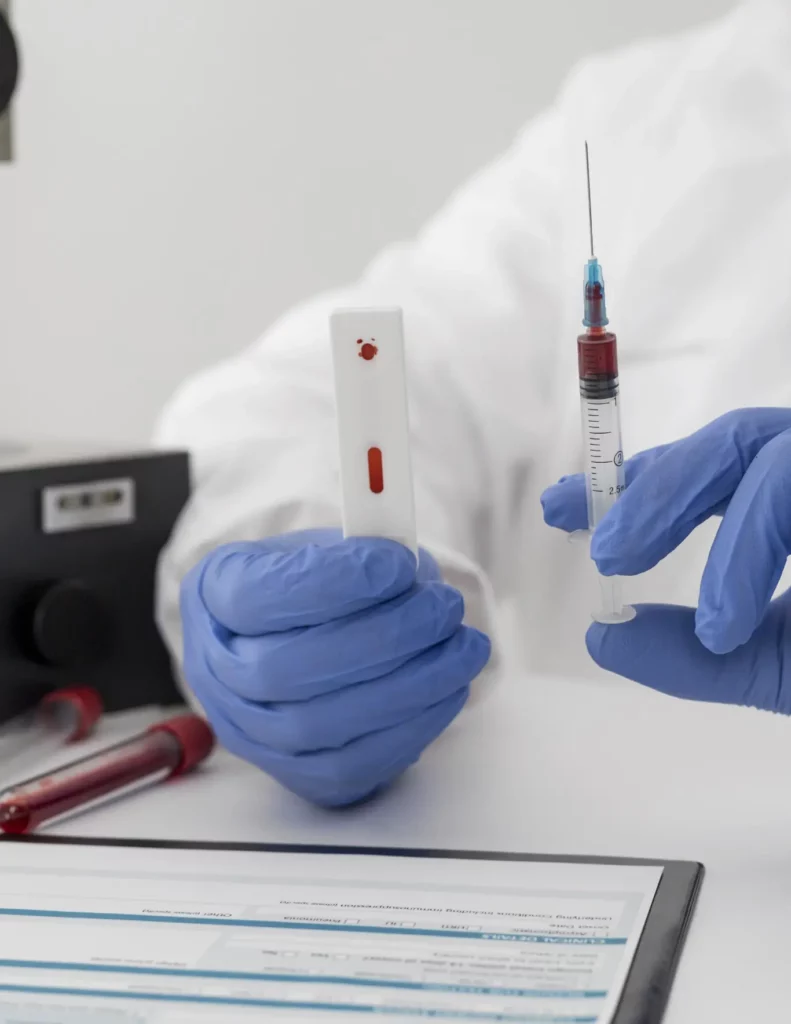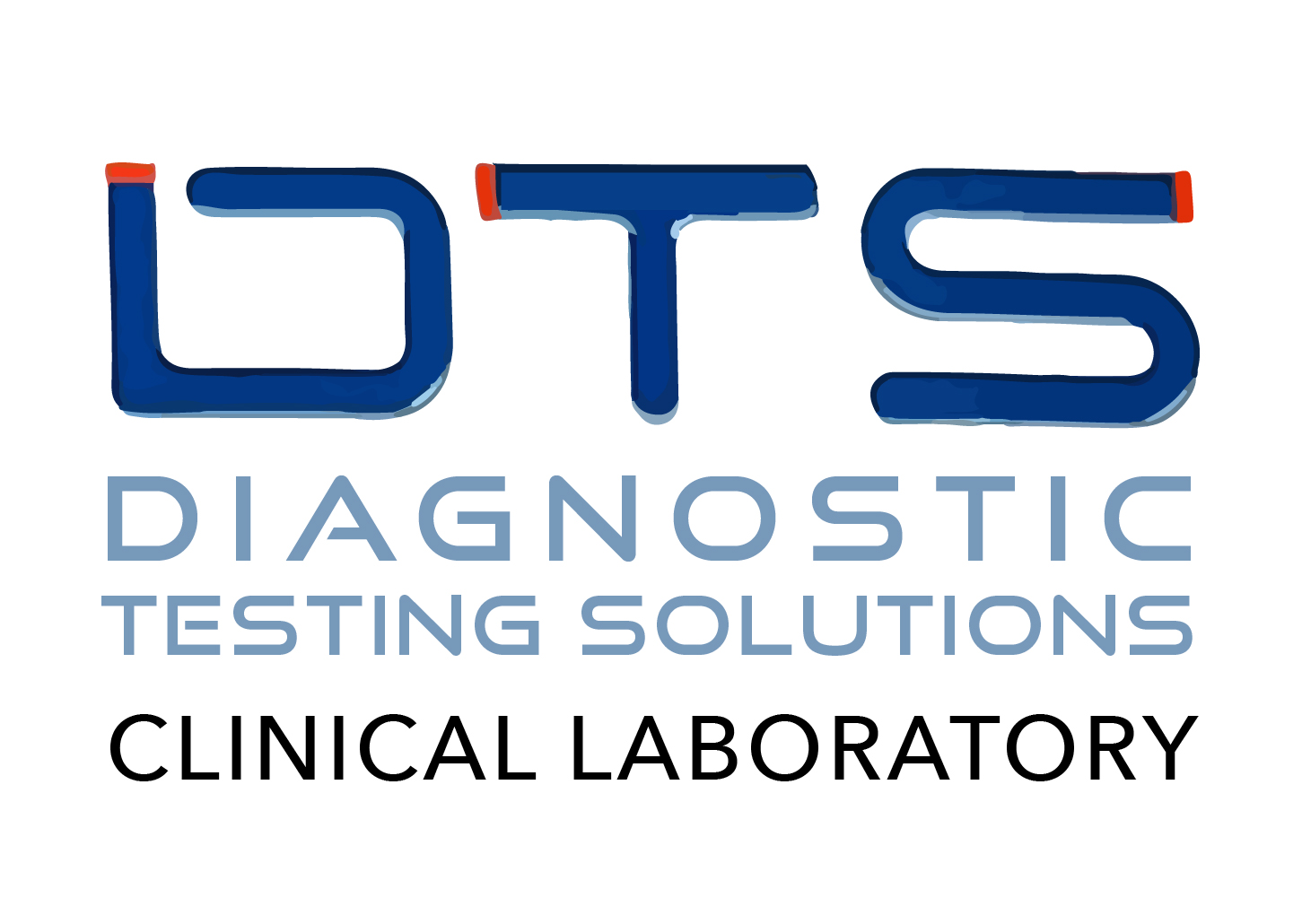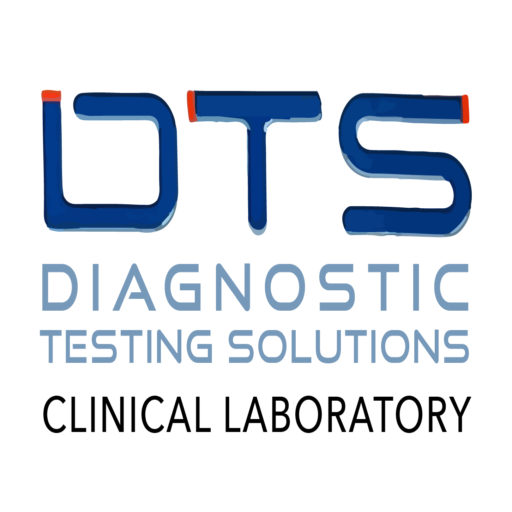
High Sensitivity CRP Test Chicago
$79.00
Detect inflammation and assess cardiovascular risk with our precise CRP test
The General Health Panel Test includes the High Sensitivity C-Reactive Protein (CRP) Test, a specialized blood test designed to measure the amount of C-reactive Protein in your blood, an indicator of inflammation. This sensitivity C-reactive protein test is particularly valuable for evaluating your risk of heart disease, including conditions such as heart attacks and strokes. The ‘high sensitivity’ aspect of this test allows for detecting even low levels of inflammation, providing a more accurate assessment of your heart health.
In addition to inflammation markers, the Diabetic Panel Blood Test is crucial to your overall health assessment. This test measures key indicators such as blood glucose levels and haemoglobin A1c, providing valuable insights into your risk of diabetes or your current diabetic condition. Regular monitoring through this test helps you take proactive steps to manage your health effectively, reducing the risk of complications like cardiovascular disease.
Test Details
- Sample Type: Blood & Urine
- Age: 18+
- HSA/FSA: Accepted
- Collection Method: In person at a Labcorp location
- Results: 1 day from when your sample arrives at our lab
- Test must be taken by purchaser
Test Purpose: The primary purpose of the High Sensitivity CRP Test is to assess the level of inflammation in your body. This information is crucial because chronic inflammation is linked to an increased risk of cardiovascular diseases. Elevated hs CRP levels can indicate the presence of inflammation, which may be due to infections, chronic diseases, or other underlying conditions. By identifying high hs CRP levels, this test helps determine the need for further medical evaluation and intervention.
What’s Included in this Package
Reactive Protein Measurement
The reactive protein test measures the concentration of C-reactive Protein in your blood, providing a quantitative assessment of inflammation.
Cardiovascular Risk Assessment
The results help evaluate your risk of heart attacks and other cardiovascular events.
Two Test Recommendations
For accurate risk assessment, taking the test twice, typically two weeks apart, is recommended. The average of the two results will give a more reliable measure of your inflammation levels.
Preparation Instructions
No Fasting Required
Unlike other blood tests, the High Sensitivity CRP Test does not require you to fast before providing your sample.
No Dietary or Medicinal Restrictions
You can continue your regular diet and medication routine before the test. There are no special preparations needed.
Procedure
Purchase Your Test
Purchase the High Sensitivity CRP Test for $79.00. It can be done online or at our lab.
Visit Our Lab
Once you have purchased the test, visit our lab to provide a blood sample. Our lab operates with convenient hours to accommodate your schedule
Provide Your Sample
A trained technician will collect a small blood sample from your arm. The procedure is a simple blood test, quick and minimally invasive.
Get Your Results
After providing your sample, your test results will be processed and available. You can access your results online or receive them directly from our lab. Sharing your results with your physician for further interpretation and guidance is recommended.
PATIENT SERVICE CENTERS
Labs in more than 2,000 locations across the country.
Ensure your overall well-being by scheduling an Annual Check-Up Panel to monitor key health indicators regularly.
Frequently Asked Questions (FAQs)
No, fasting is not required. There are no dietary or medicinal restrictions to take this test.
No, you do not need to provide a doctor’s order to get lab testing done at Any Lab Test Now. You can walk in and request the test.
No, you can walk in for same-day testing. We make it easy for you by offering work-friendly hours. We aim to provide convenient and accessible testing services to meet your needs.
If I have questions about my test results, who should I contact? We recommend you share your results with your physician. Your doctor can provide a detailed interpretation of the results and suggest any further steps if necessary.
The High Sensitivity CRP Test results are typically available within a few days after you provide your sample. You will be notified when your results are ready, and you can access them online or pick them up from our lab.
If your CRP levels are elevated, it indicates the presence of inflammation in your body. High CRP levels can be due to various reasons, including infections, chronic diseases, or other inflammatory conditions. It is essential to consult with your physician to determine the underlying cause and appropriate treatment.
While the high-sensitivity CRP Test can indicate the presence of inflammation, it does not identify the particular cause or location of the inflammation. Additional tests and evaluations by your healthcare provider are necessary to pinpoint the cause of elevated CRP levels.




